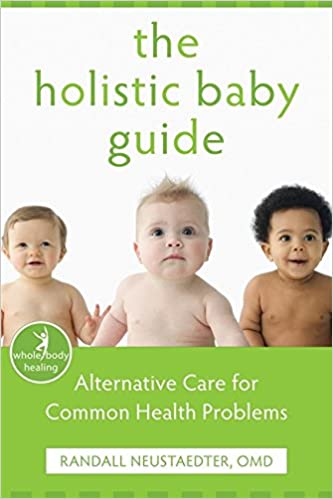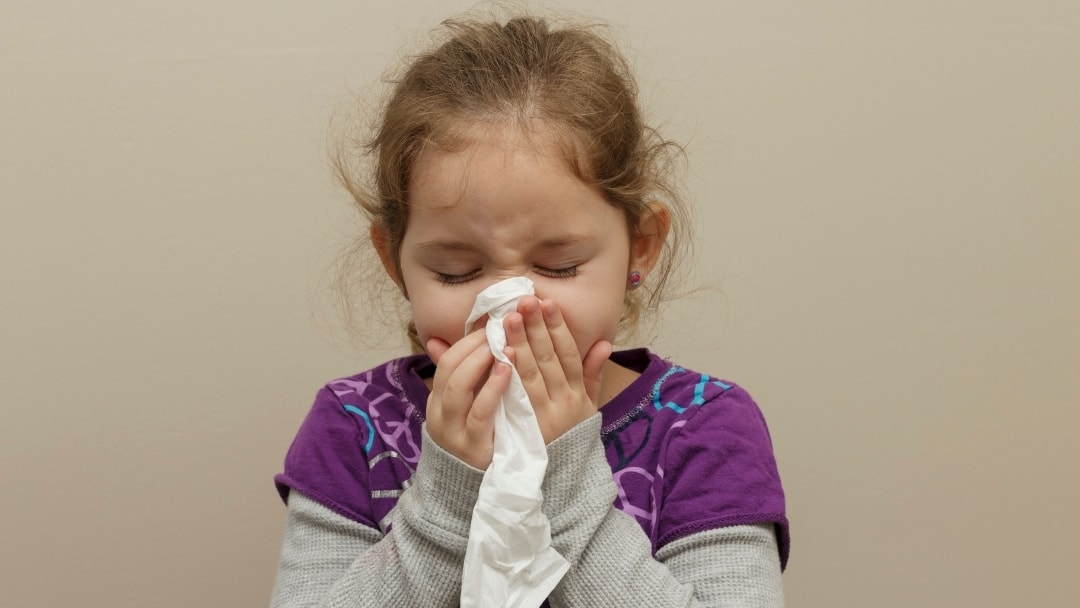We interviewed Ana-Maria Temple MD, a functional-medicine pediatrician, about eczema relief without steroids or harmful medications. You can watch the replay below.
What Is Eczema?
Eczema is an itchy, inflammatory, red skin condition that is also known as atopic dermatitis. It is most commonly seen in young children, particularly in the folds of the elbows and knees. It is characterized by scaly patches and blisters that last for weeks, months or years. Eczema typically develops during drier, cooler months of the year.
Eczema is often a precursor to asthma, and this may be because the steroid creams often used for eczema can drive the disease process deeper. Skin is the body’s largest organ of detoxification. If the body can’t use skin to detoxify, then it will use another route, which is often the lungs. It is common that children who are constipated develop eczema because blockage of the gastrointestinal tract eliminates another route of detoxification.
Eczema is often triggered by root causes such as food sensitivities, chronic inflammation, gut dysbiosis and immune dysregulation. Eczema can usually be cleared by eliminating certain foods and healing the gut.
In This Webinar
In this webinar, Dr. Ana-Maria helped us answer the following questions:
- What is eczema?
- Why do children develop eczema?
- Do antibiotics play a part in the development of eczema? If so, why?
- Why should steroid creams not be used for eczema relief?
- Why do so many kids with asthma often also have eczema?
- Are constipation, cradle cap, colic, allergies and/or ear infections often seen in children with eczema?
- Is it common that children who have eczema as young children to later develop neurodevelopmental disorders such as autism, ADHD or SPD?
- What are ways to give relief to a child with eczema without using steroids or harmful medications?
Please note that you will be asked to provide your email address at the 30-minute mark to continue viewing the replay.
About Ana-Maria Temple MD
Dr. Ana-Maria is a holistic functional pediatrician practicing in Charlotte, NC. She is also the mother of three children. She and her family immigrated from Romania in 1984.
Through the immigration process and the steps needed to adjust to a whole new culture and a new way of life, she has learned that change happens, change can be great, though hard, change can lead to amazing things. This mentality is prevalent everyday in her integrative pediatric practice.
She is not satisfied with just medications to address a problem. She believes that the cause of illness is intriguing and that disease prevention is paramount to a healthy and long life. Through the basics of nutrition, sleep, and exercise, she plans to reach children and prepare them to help us change for the better.

She is the author of Healthy Kids In An Unhealthy World: Practical Parenting Tips for Picky Eating, Toxin Reduction, and Stronger Immune Systems. You can find out more about her at her website dranamaria.com
Disclaimer
This webinar is not a substitute for medical advice, treatment, diagnosis, or consultation with a medical professional. It is intended for general informational purposes only and should not be relied on to make determinations related to treatment of a medical condition. Epidemic Answers has not verified and does not guaranty the accuracy of the information provided in this webinar.
Still Looking for Answers?
Visit the Epidemic Answers Practitioner Directory to find a practitioner near you.
Join us inside our online membership community for parents, Healing Together, where you’ll find even more healing resources, expert guidance, and a community to support you every step of your child’s healing journey.
Sources & References
da Costa Baptista, I.P., Accioly, E., de Carvalho Padilha, P. Effect of the use of probiotics in the treatment of children with atopic dermatitis; a literature review. Nutr Hosp. 2013;28(1):16-26
Drago, L., Toscano, M., De Vecchi, E., Piconi, S., Iemoli, E. Changing of fecal flora and clinical effect of L. salivarius LS01 in adults with atopic dermatitis. J Clin Gastroenterol. 2012;46 Suppl:S56-63
Eichenfield, L.F., Tom, W.L., Chamlin, S.L., Feldman, S.R., Hanifin, J.M., Simpson, E.L., et al. Guidelines of care for the management of atopic dermatitis: section 1. Diagnosis and assessment of atopic dermatitis. J Am Acad Dermatol. 2014;70(2):338-51
Liao, T.C., et al. Comorbidity of Atopic Disorders with Autism Spectrum Disorder and Attention Deficit/Hyperactivity Disorder. J Pediatr. 2016 Apr;171:248-55.
Oh, S.Y., Chung, J., Kim, M.K., Kwon, S.O., Cho, B.H. Antioxidant nutrient intakes and corresponding biomarkers associated with the risk of atopic dermatitis in young children. Eur J Clin Nutr. 2010;64(3):245-52
Orivuori, L., Mustonen, K., de Goffau, M.C., Hakala, S., Paasela, M., Roduit, C., et al. High level of fecal calprotectin at age 2 months as a marker of intestinal inflammation predicts atopic dermatitis and asthma by age 6. Clin Exp Allergy. 2015
Schmitt, J., et al. Atopic eczema and attention-deficit/hyperactivity disorder in a population-based sample of children and adolescents. JAMA. 2009 Feb 18;301(7):724-6.
Resources
Books
Neustaedter, Randall. The Holistic Baby Guide: Alternative Care for Common Health Problems. New Harbinger Publications, 2010.
Temple, Ana-Maria. Healthy Kids In An Unhealthy World: Practical Parenting Tips for Picky Eating, Toxin Reduction, and Stronger Immune Systems. Integrative Health Publishing, 2021.



